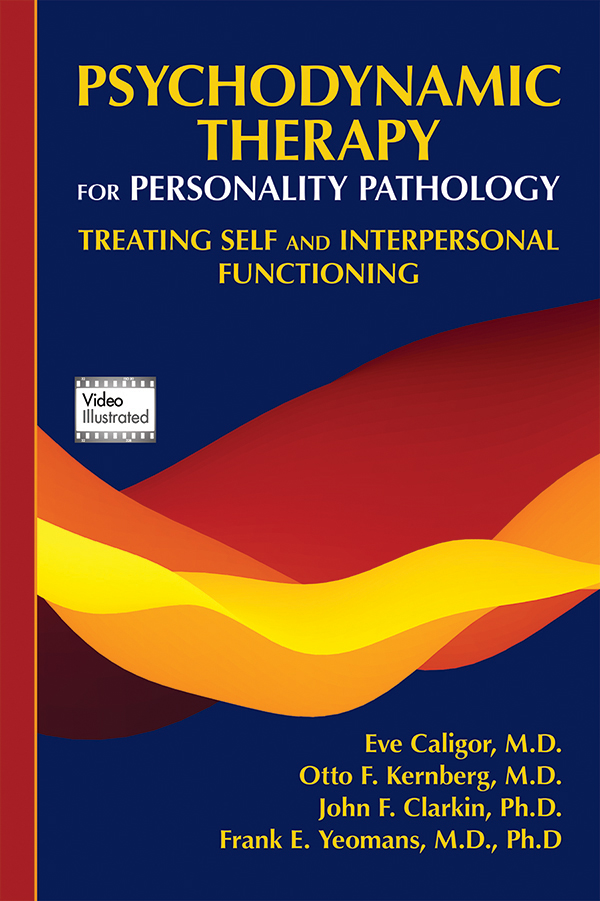Excerpt
A dynamic psychotherapy can be thought of as having an early phase, a middle phase, and an advanced phase of treatment. Although these three phases are not clearly demarcated and gradually flow from one to the next, there are characteristic features of each phase that can be used to conceptualize the flow of treatment. Understanding the central tasks that define each phase, as well as the clinical issues that characterize it, can help the therapist anticipate and identify expected clinical developments over the course of the treatment, and will also help identify those times when the treatment process is stagnating.
Access content
To read the fulltext, please use one of the options below to sign in or purchase access.- Personal login
- Institutional Login
- Sign in via OpenAthens
- Register for access
-
Please login/register if you wish to pair your device and check access availability.
Not a subscriber?
PsychiatryOnline subscription options offer access to the DSM-5 library, books, journals, CME, and patient resources. This all-in-one virtual library provides psychiatrists and mental health professionals with key resources for diagnosis, treatment, research, and professional development.
Need more help? PsychiatryOnline Customer Service may be reached by emailing [email protected] or by calling 800-368-5777 (in the U.S.) or 703-907-7322 (outside the U.S.).



